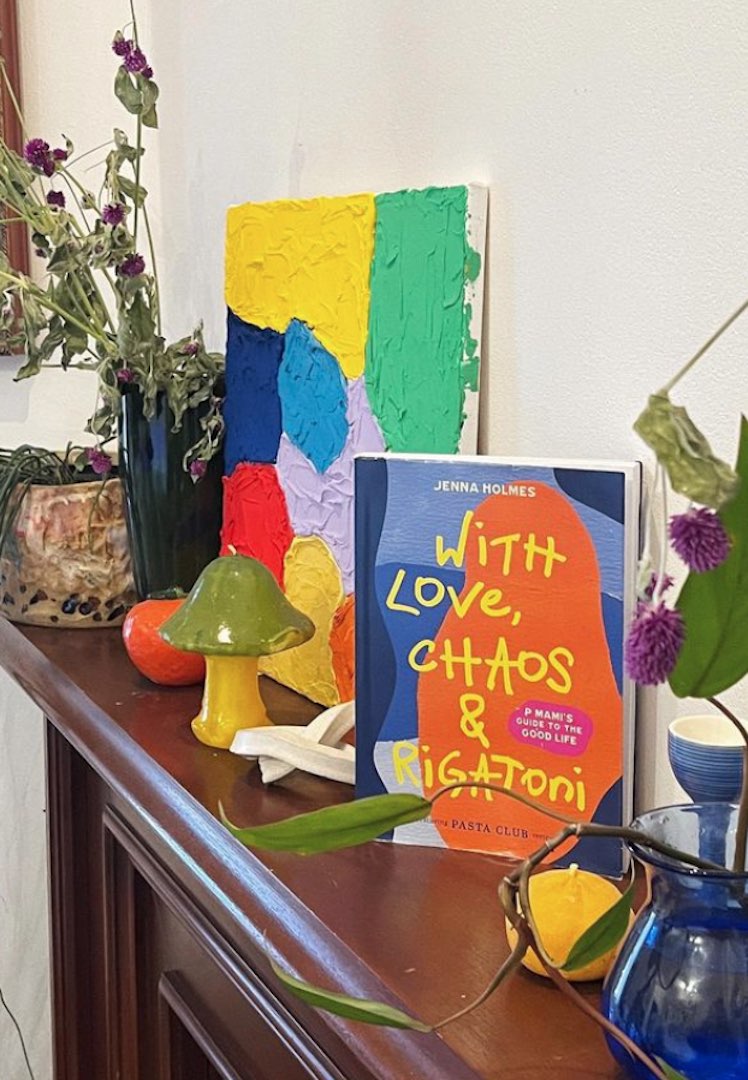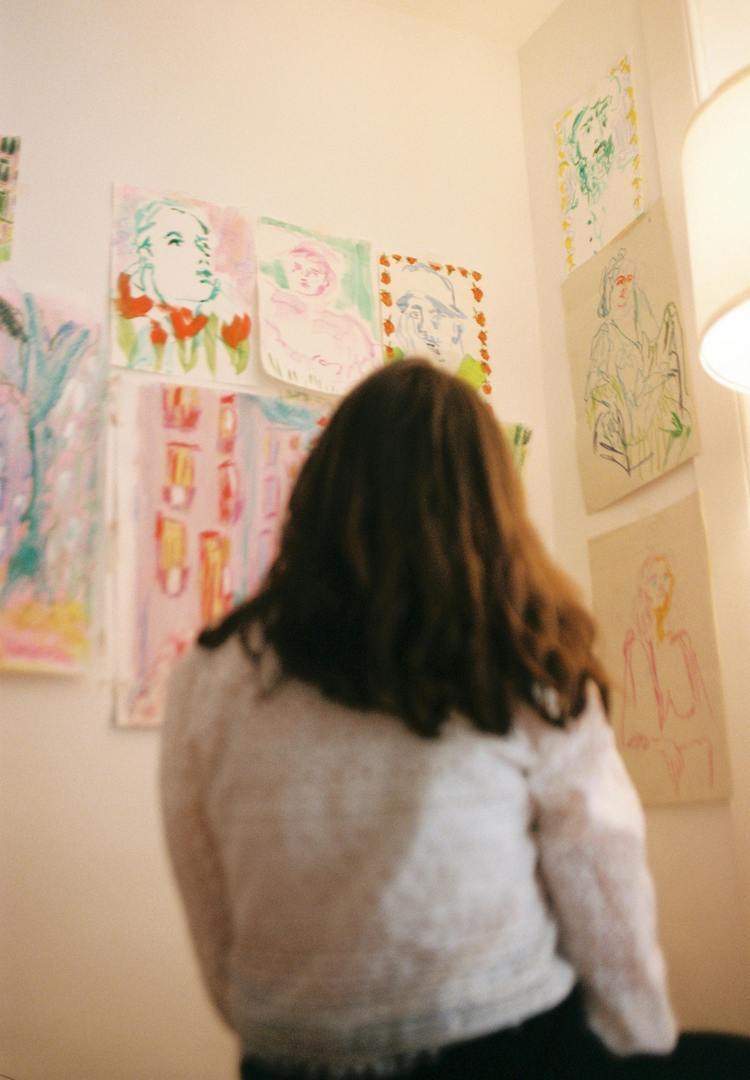“I grieve for what could have been”: What it’s really like having an estranged family member
WORDS BY NINA MIYASHITA
“Estrangement can be a loud and dramatic experience, but it can also be quiet and subtle.”
In the opening passage of his book Anna Karenina, Leo Tolstoy penned this now-infamous phrase: “Happy families are all alike; every unhappy family is unhappy in its own way”. What Tolstoy was trying to get at here is behind all familial struggles there are multiple – and often competing – unique stories and perspectives. Unhappiness in the family is felt and experienced in an abundance of ways.
Family estrangement is known as individuals or groups within the family unit who purposefully choose to distance themselves from someone, or everyone, in that family. Estrangement can be a loud and dramatic experience, but it can also be quiet and subtle. Within varying degrees, we all might estrange from our families a little by setting boundaries.
For more thought-provoking content, tap through to our Life section.
We might only pick up our mother’s frequent phone calls once a week, or we might try only to see our aunt and uncle on major holidays. We do this to give ourselves space. But what does it feel like to be ‘the estranged’ vs ‘the estranger’? I spoke to two people with estranged family members to find out.
Casey*, 26, hasn’t spoken to or seen their parents or grandparents for years. What started as their rejection of their family’s dominant religious beliefs as a teenager snowballed into tension and conflict within the home, reaching its peak when they came out as queer four years ago.
Casey’s family refused to accept them for who they are, leading them to cut off all contact with Casey. Despite the unavoidable pain and loss, Casey has slowly grown to appreciate this distance and what it does for their own emotional health. They found it helped protect their sense of identity through an already fragile time of figuring out who they were.
“There’s no denying a part of me is filled with rage. Your parents and guardians are supposed to be the ones to love you unconditionally,” Casey tells me. “But as I’ve gotten older, I’ve also started to appreciate that for me, family is who I choose. The community of peers who supported me and took me in when I came out became my family, and are to this day. Sometimes I even feel sympathy for my parents… they won’t know this kind of love and loyalty if they don’t ever try to broaden their world views.”
Then there’s Nat*, 23, who hasn’t spoken to her older sister in over a year. “When my sister was 18, she eloped and cut off almost all contact with our whole family. She and her husband decided together not to have close relationships with any of us because they felt like our family members often crossed emotional boundaries,” she explains.
“They call the parents occasionally to check in, but I haven’t seen or spoken to her in a long time,” Nat says. “We’re far apart in age, so I think I’ve always kind of felt like an only child. I grieve for what could have been. I grieve for the sister I have but don’t have, all at the same time. But, I’m also learning to respect that she needs to do what’s right for her. Even though I definitely wish we could be the sisters I imagined, I respect her as an independent person, and as a woman. And I’ll be here if she ever changes her mind.”
Jacqueline McDiarmid, couple and family therapist, lecturer and clinical supervisor, confirms it’s usually the adult child who estranges themselves from the family, most often due to historical issues (usually due to religious or political beliefs) with the family of origin. Of course, estrangement also happens due to physical and/or psychological abuse.
Jacqueline confirms there’s a spectrum of experience to family estrangement, ranging from complete “cut-offs” to partial estrangements or very distant relationships. In these partial estrangements, there are often rules put in place by the estranger to avoid conflict, like meeting only in public places or restricting contact.
“I would very rarely recommend familial estrangement unless, of course, there’s an immediate safety concern,” Jacqueline says. “Estrangement can still certainly be a good thing for emotional and physical safety, but often estrangement results from breakdowns in family communication. The reasons can actually be quite vague, as different family members can interpret behaviour differently.”
“Familial estrangement certainly causes a lot of pain and feelings of loss,” Jacqueline tells me. “The shame and guilt attached to either being estranged or being the [one who chooses estrangement] can make it very hard to talk to peers about… often you don’t know how to explain your decisions or predicament to others.”
“My first recommendation is to seek professional help, especially if anyone is thinking about attempting reconciliation, “ Jacqueline says. “Ill-timed interventions can often make things a lot worse and set you back. With the help of a professional in this area, do it slowly [and] don’t force it. Generally, avoid grand gestures. It takes time to consider what you need to be aware of, and you also need to be able to take responsibility for yourself… you need to be ready to apologise for any role you might have played.”
Family is undoubtedly messy and complicated – we don’t choose who we’re related to. While family can be a great source of comfort and community to some, they’re a real danger to others. If anything is certain, it’s that we as individuals are in charge of our own lives. So even when we’re charged with looking after and loving others, I’d say it’s a good idea to look after and love yourself first.
*Names have been changed.
For more on family estrangements, head here.










